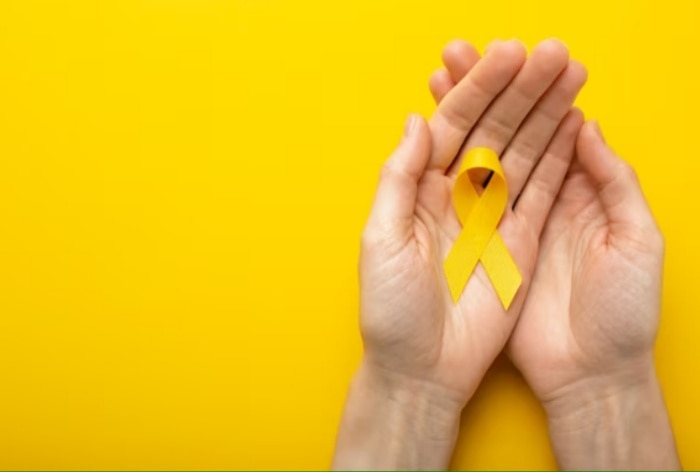Vitamin D, sometimes known as the ‘sunshine vitamin,’ has been associated with better results for breast cancer patients – Experts explain!
Breast Cancer: Breast cancer is a condition in which the breast’s cells proliferate out of control. Breast cancer comes in several forms. Which breast cells develop into cancer determines the kind of breast cancer. Individual differences in breast look and feel are caused by things including menstrual cycles, childbirth, weight fluctuations, medicines, and age. Did you know that Vitamin D is important in the fight against breast cancer?
Vitamin D And Breast Cancer: What’s The Connection?
Vitamin D, which is essential for controlling calcium absorption, and supporting the immune system, have been associated with improved outcomes for breast cancer patients. India.com got in touch with Dr Aruna Kalra, senior gynaecologist and obstetrician at CK Birla Hospital, Gurugram, who said, “Vitamin D may reduce the risk of cancer through several mechanisms. Firstly, it helps regulate cell growth and differentiation, preventing uncontrolled cell proliferation. Additionally, vitamin D supports the immune system, aiding in the detection and elimination of abnormal cells.”
According to a 2010 investigation, women with the highest blood levels of vitamin D had a 45% lower chance of developing breast cancer than those with the lowest levels. Similar findings have been seen in several additional investigations.
How Vitamin D Reduces The Risk of Breast Cancer?
Ageing, obesity, drinking too much alcohol, radiation exposure history, family history of breast cancer, reproductive history (such as age at first pregnancy and age at first period), smoking, and postmenopausal hormone therapy are some factors that increase the risk of breast cancer.
“Vitamin D promotes apoptosis, the programmed cell death of damaged cells, preventing their survival. Its anti-inflammatory properties can mitigate chronic inflammation, which is associated with cancer. It also inhibits angiogenesis, limiting the blood supply to tumours,” added Dr Aruna.
The expert concluded, “While evidence suggests a link between adequate vitamin D levels and reduced cancer risk, it should be part of a broader strategy that includes a balanced diet, exercise, and regular check-ups.” Dr Aruna recommends healthcare consultation as individual factors, such as genetics and environmental exposures influence cancer risk.
If you don’t get a lot of sun exposure where you live or if you want to improve your vitamin D consumption, you can get it from milk, yoghurt, salmon, tuna, and vitamin D tablets.
Good news! India.com is now on WhatsApp Channels. Subscribe today by clicking the link and stay updated with the latest news on entertainment and lifestyle. Click here!
Published Date: October 24, 2023 12:31 PM IST
–>
–>
